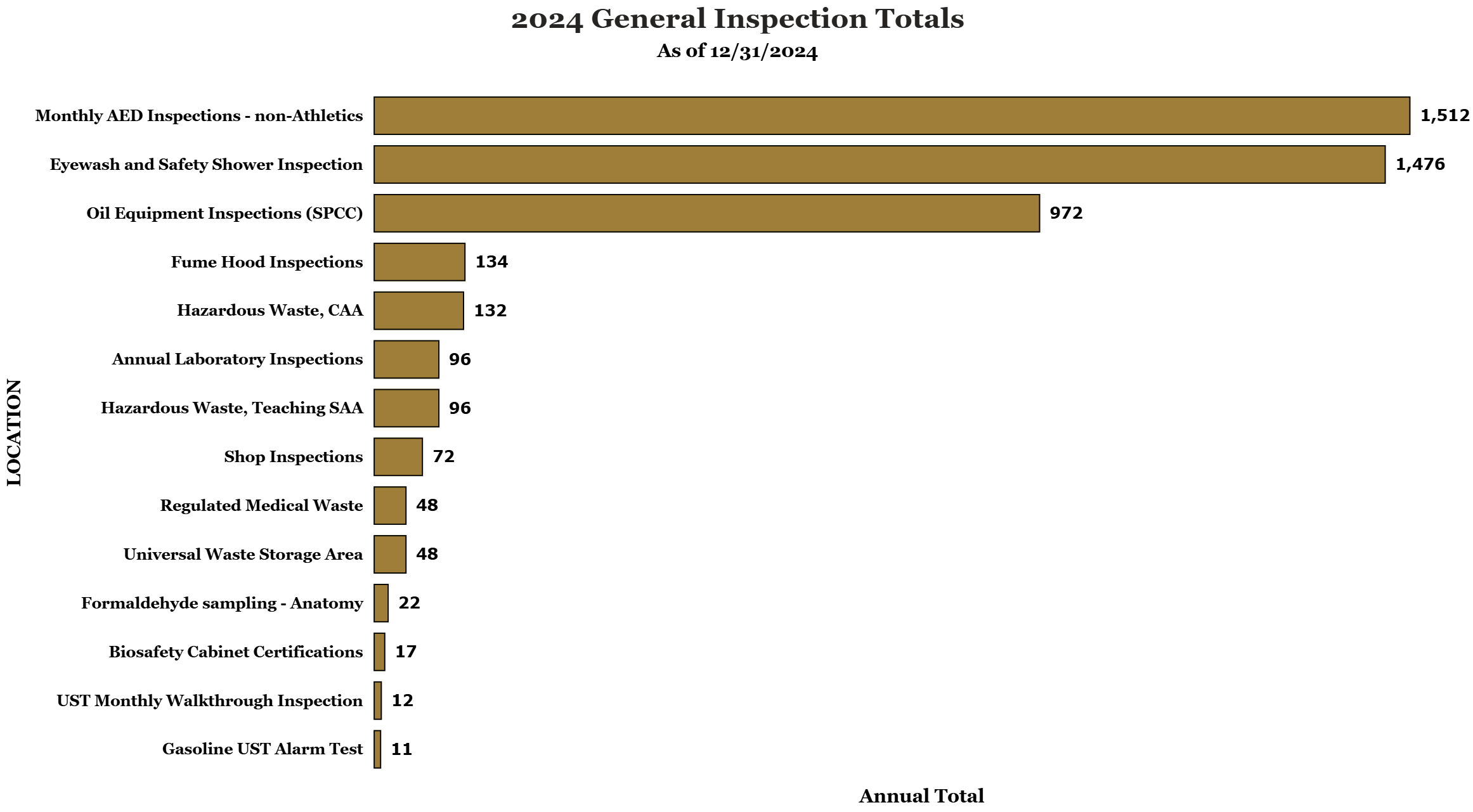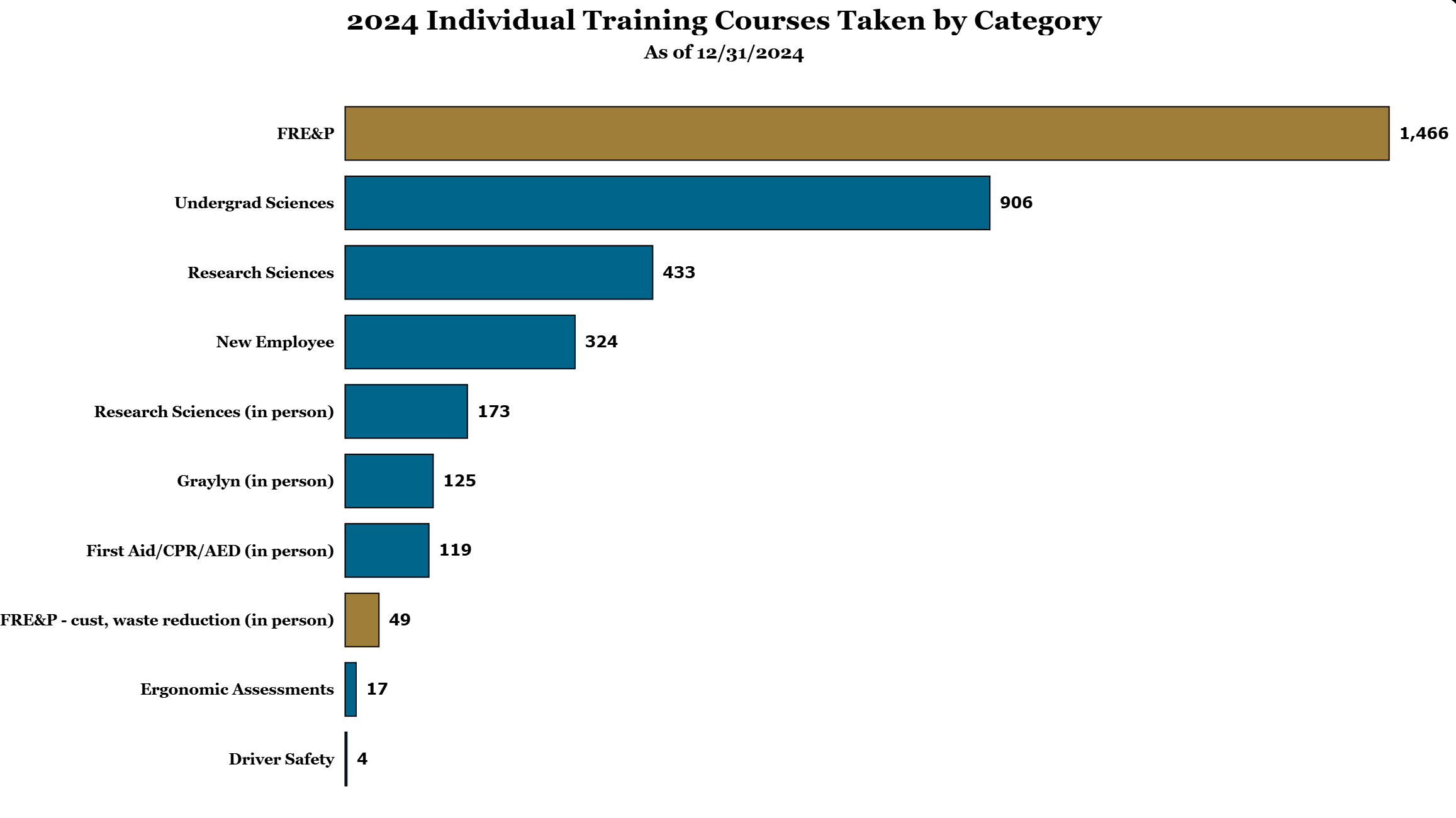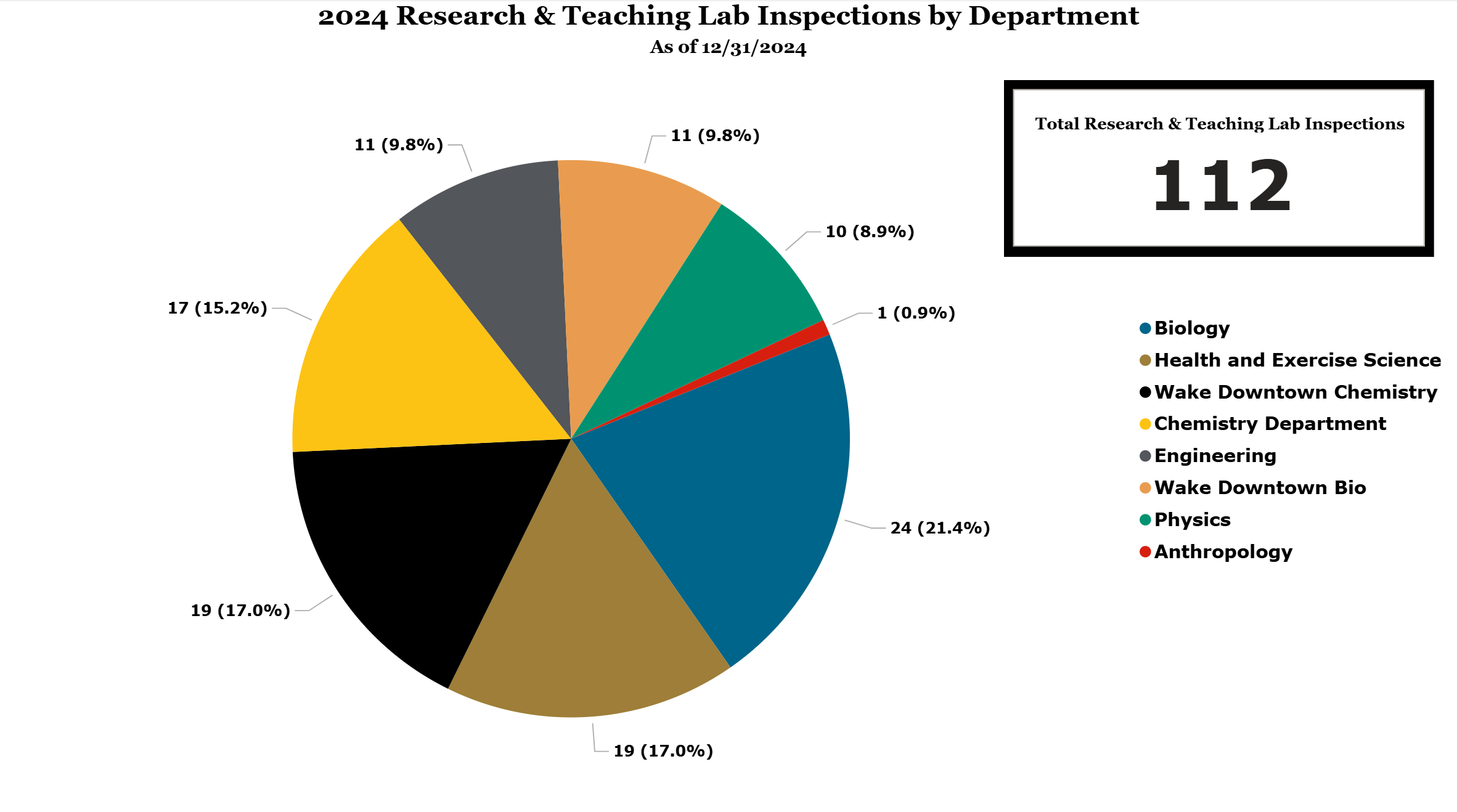2024 Environmental Health & Safety
2024 ANNUAL REPORT
Facilities, Real Estate and Planning
Air Quality/Air Monitors
The need for a campus-wide air quality monitoring program was created after the events of the Weaver Fertilizer Plant Fire in 2022, only a few miles from campus. The new system that has since been put into place allows EHS to monitor air quality in real-time at the Reynolda campus. Through outdoor air monitors spread over campus, EHS can access information on Particulate Matter, Volatile Organic Compounds, Carbon Dioxide, Carbon Monoxide, Barometric Pressure, Ozone, Temperature, Humidity, Nitrogen Dioxide, and Sulfur Dioxide. After establishing outdoor air quality monitoring, EHS expanded the program to cover indoor air monitoring inside the Lawrence Joel Veterans Memorial Coliseum (LJVM). Air Quality in the LJVM can change with any number of events. Anything from 14,000+ basketball fans, concerts, comedy tours, and even rodeos. Monitoring these events in real-time allows EHS to share the data with Mechanical Maintenance to adjust air intake, exhaust, and air exchange within the LJVM to keep healthy air quality.
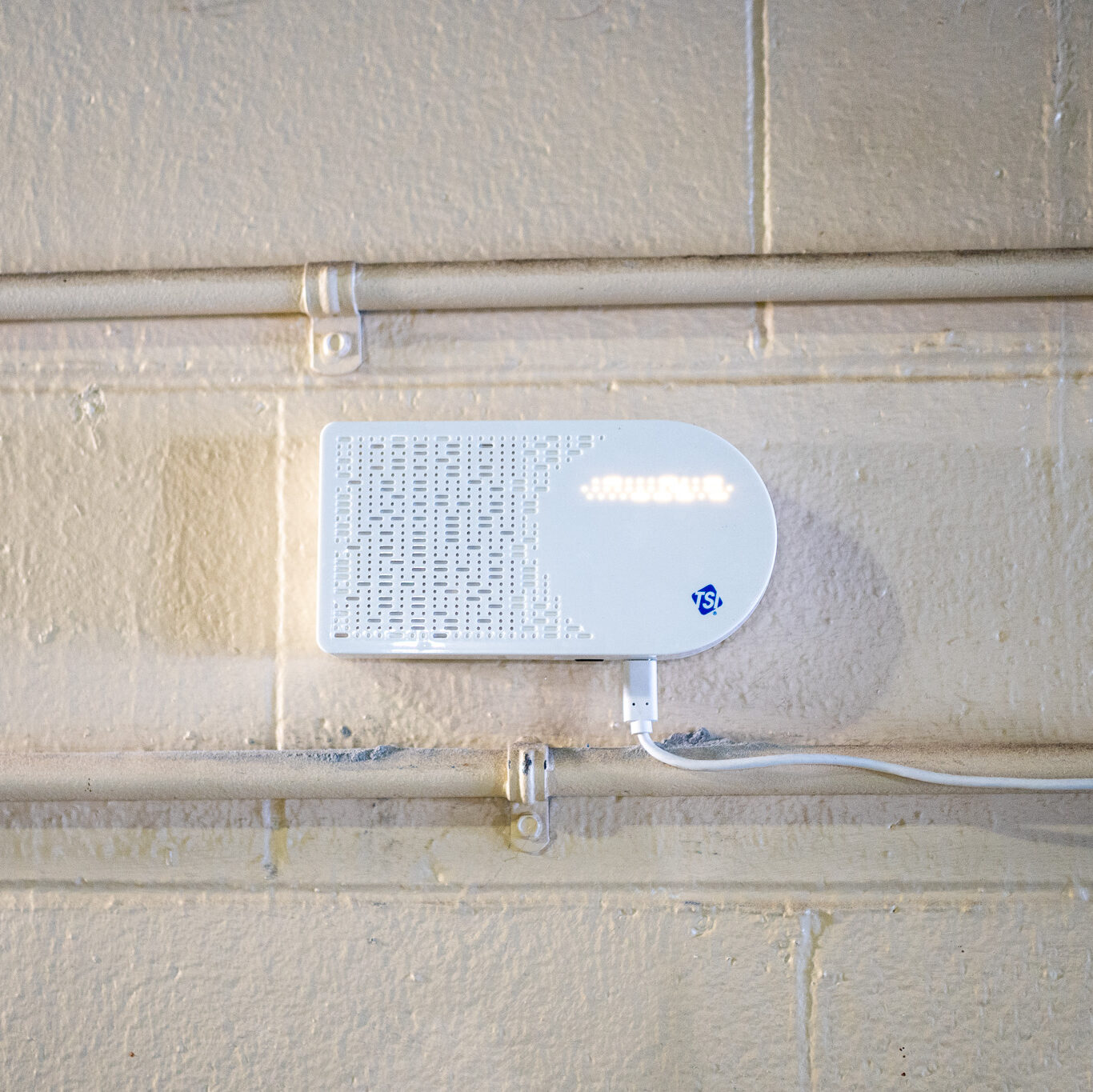
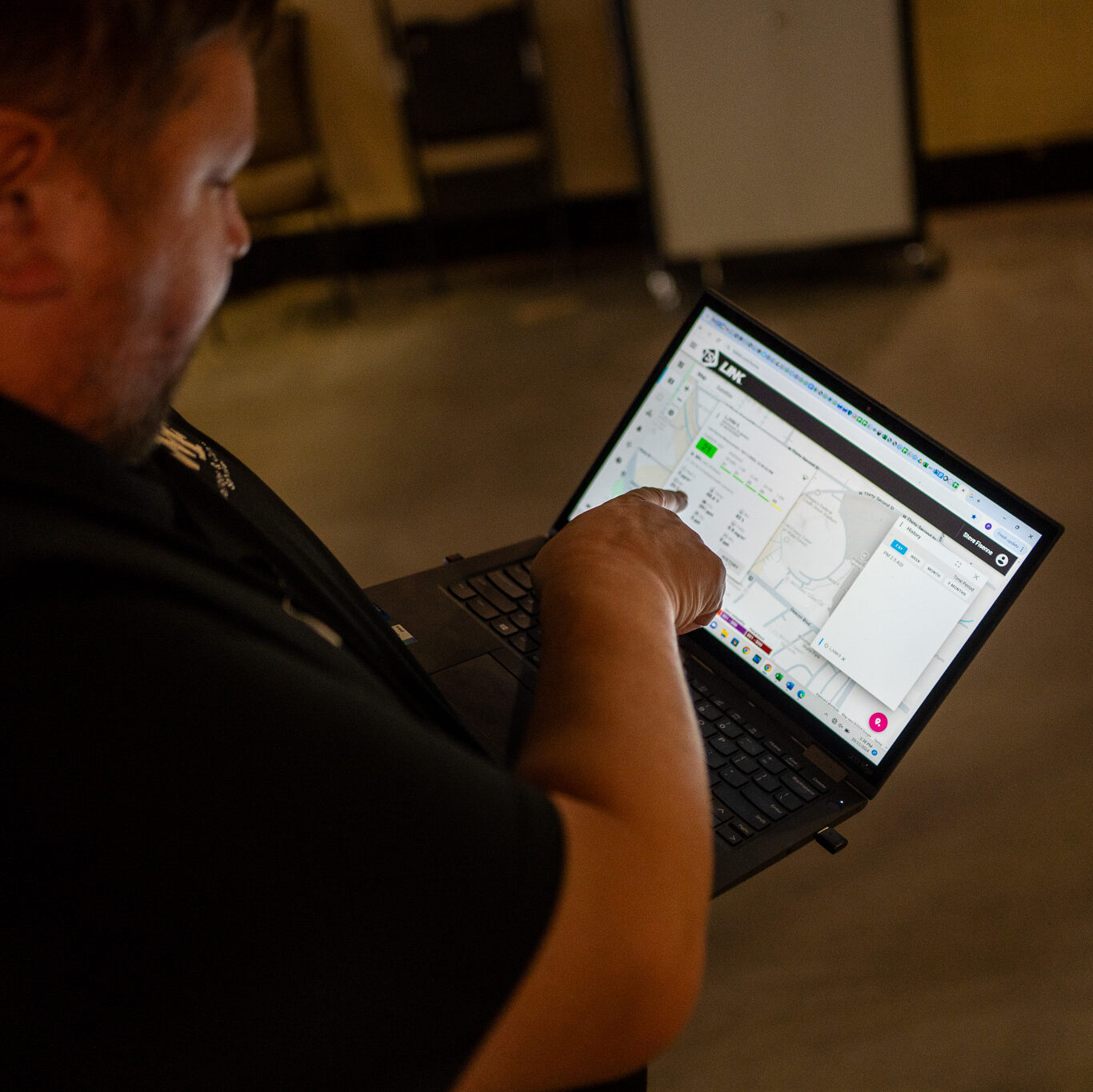

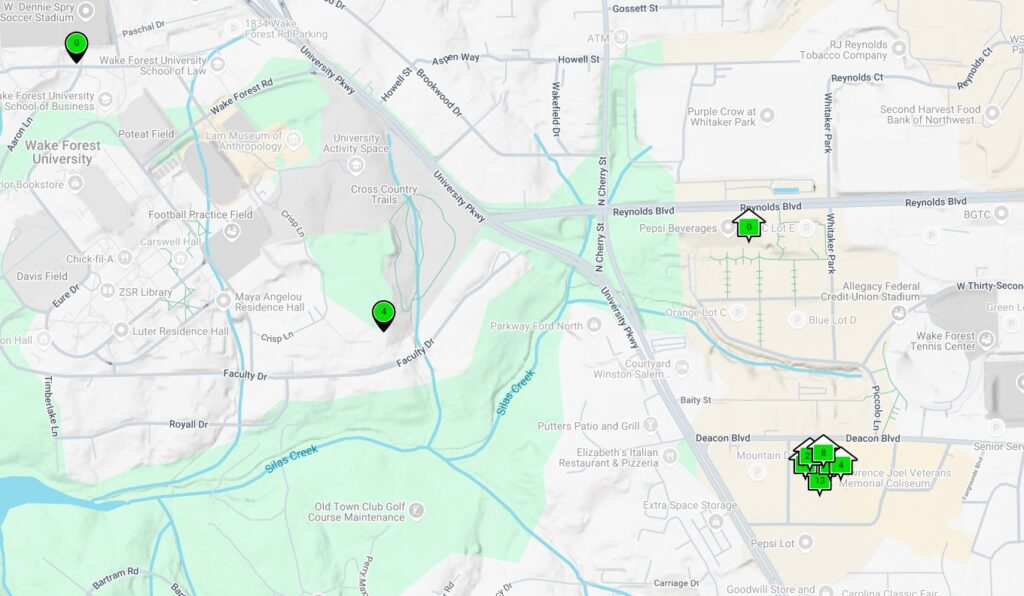
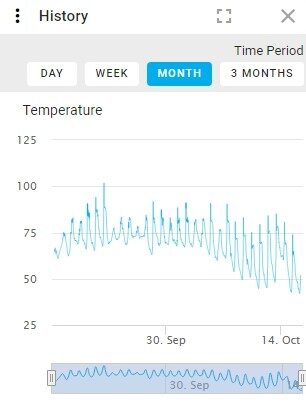
Laboratory Inspections
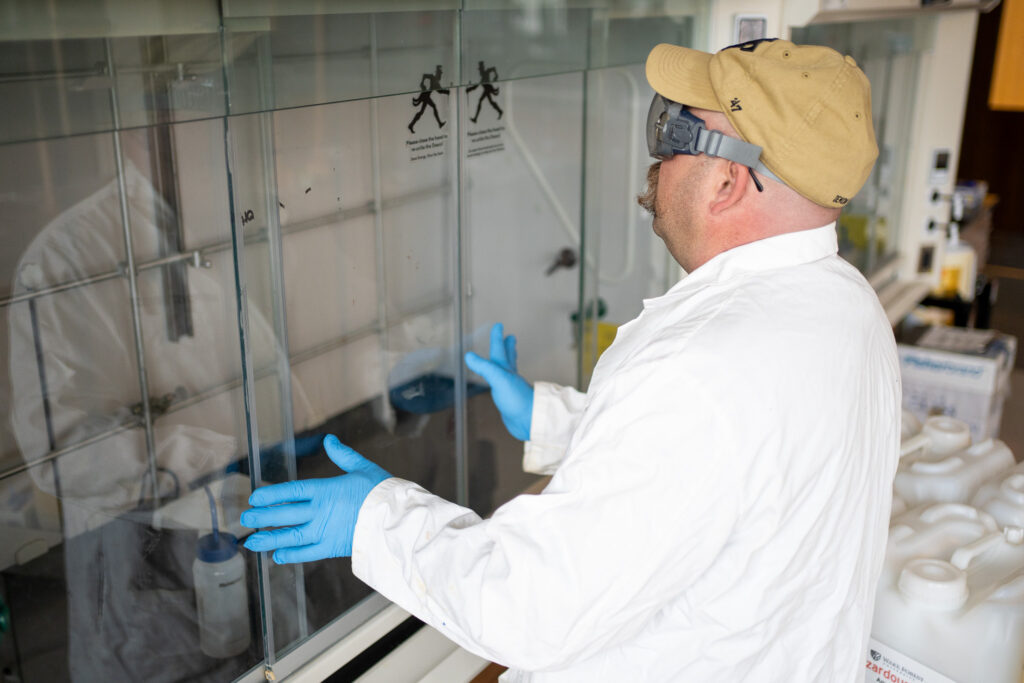
In accordance with NC Department of Environmental Quality, NIH/CDC, and Biosafety in Biomedical Laboratories, EHS conducts annual labory safety inspections across campus. All laboratories that contain biological hazards, generated hazardous waste, have lasers, or any general laboratory hazards are inspected by EHS. The inspection process begins with a regulatory review specific for each lab, a training review, and update of the chemical inventory. The lab inspection involves checking for laboratory safety features, ensuring chemicals are safely stored, all waste streams are labeled correctly, and emergency response equipment/procedures are in place. After each inspection a review is shared with the researchers and a corrective action plan is created to correct any findings. The annual lab inspections give EHS a chance to directly facilitate safe research at all labs at the Reynolda and Downtown Campuses.
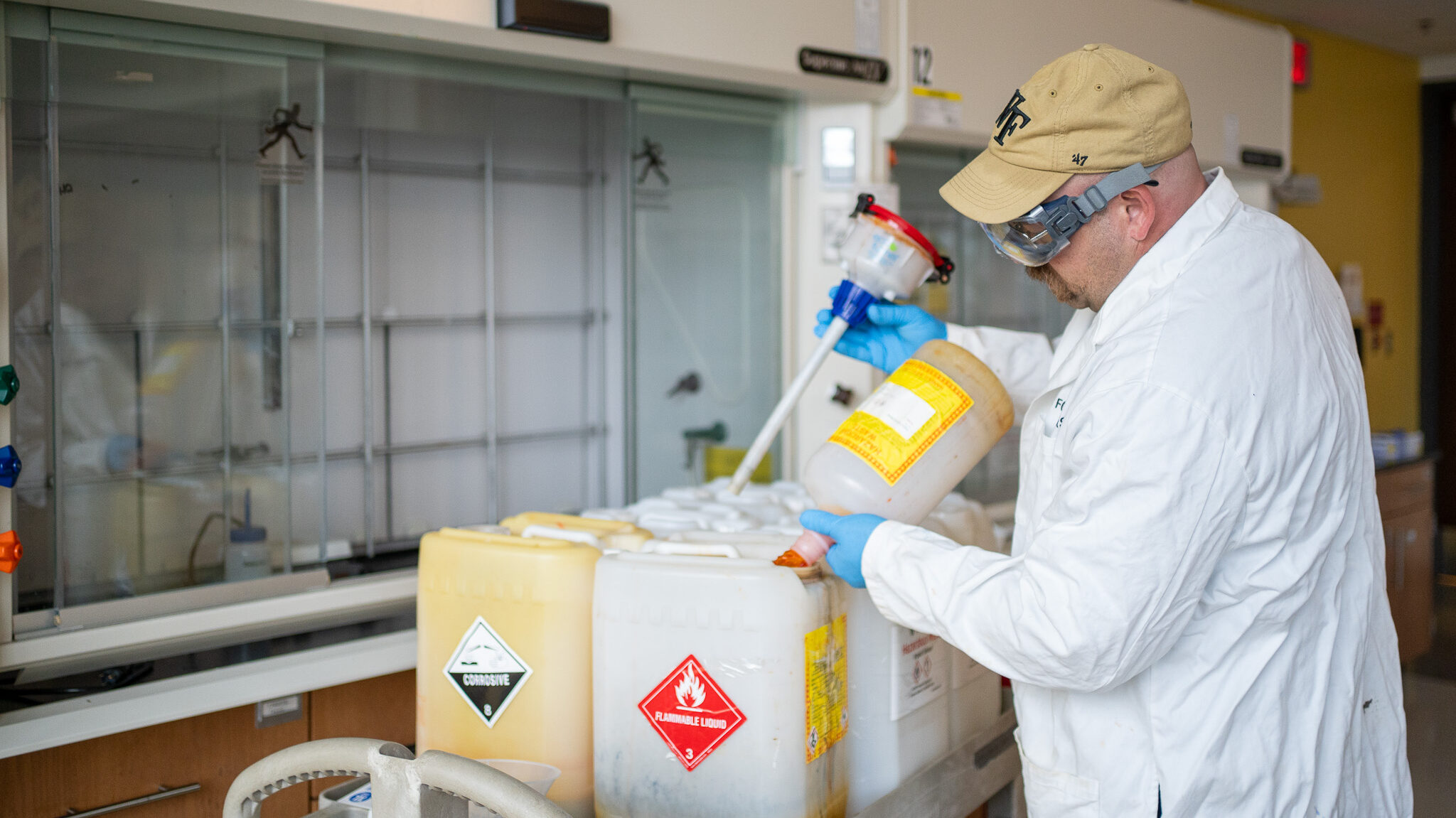
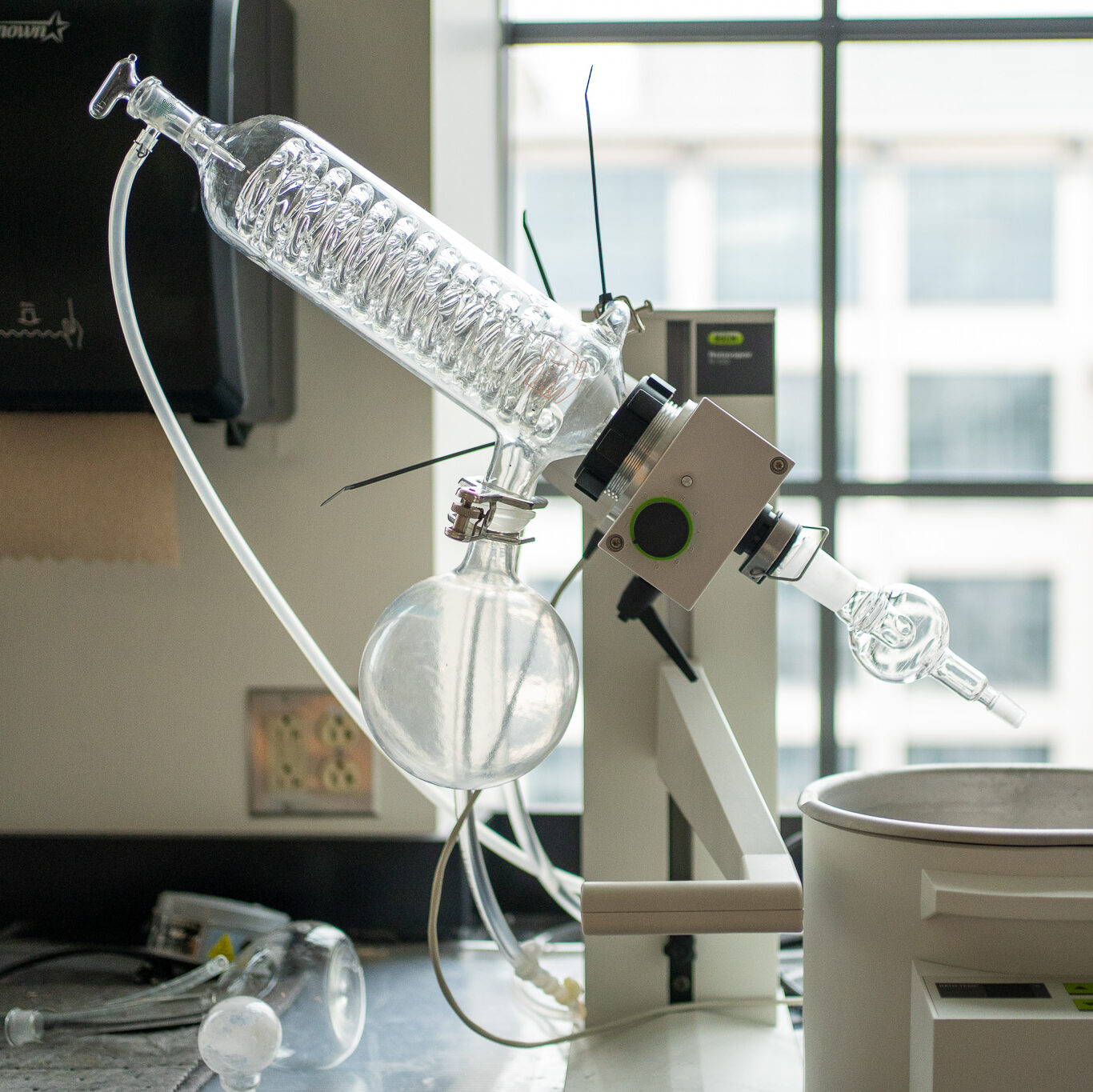
Bio Waste
EHS oversees the pickup, packaging, storage, and shipment of Regulated Medical Waste or “BioWaste” following the guidelines set by the North Carolina Medical Waste Management rules and EPA regulations. BioWaste is generated in research laboratories and consists of any material that has been contaminated by blood, body fluids, or infectious material. Common lab waste generated by researchers includes human pathological waste, microbial waste, animal carcasses, culture dishes, growth plates, contaminated sharps, and cell lines.
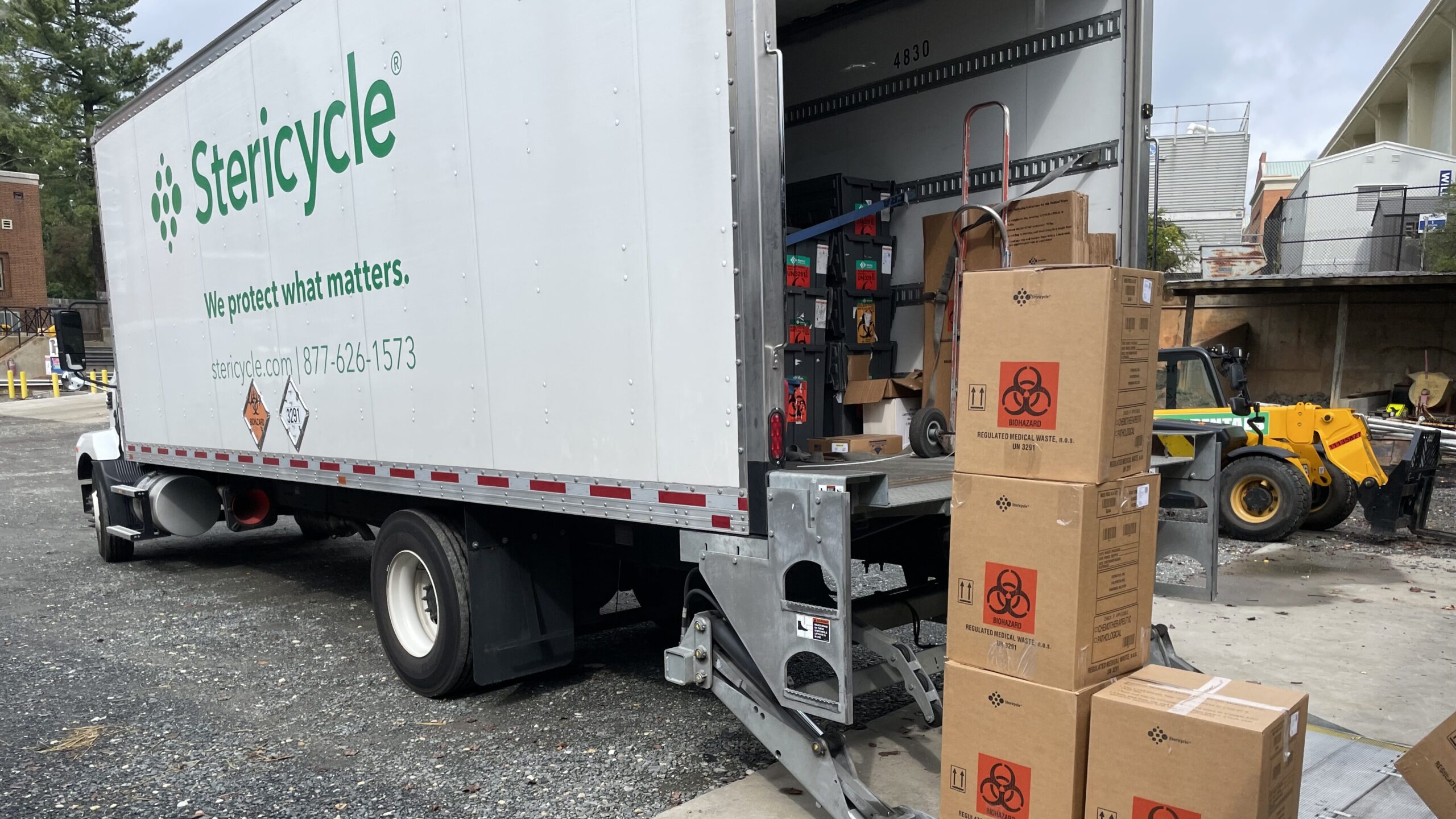
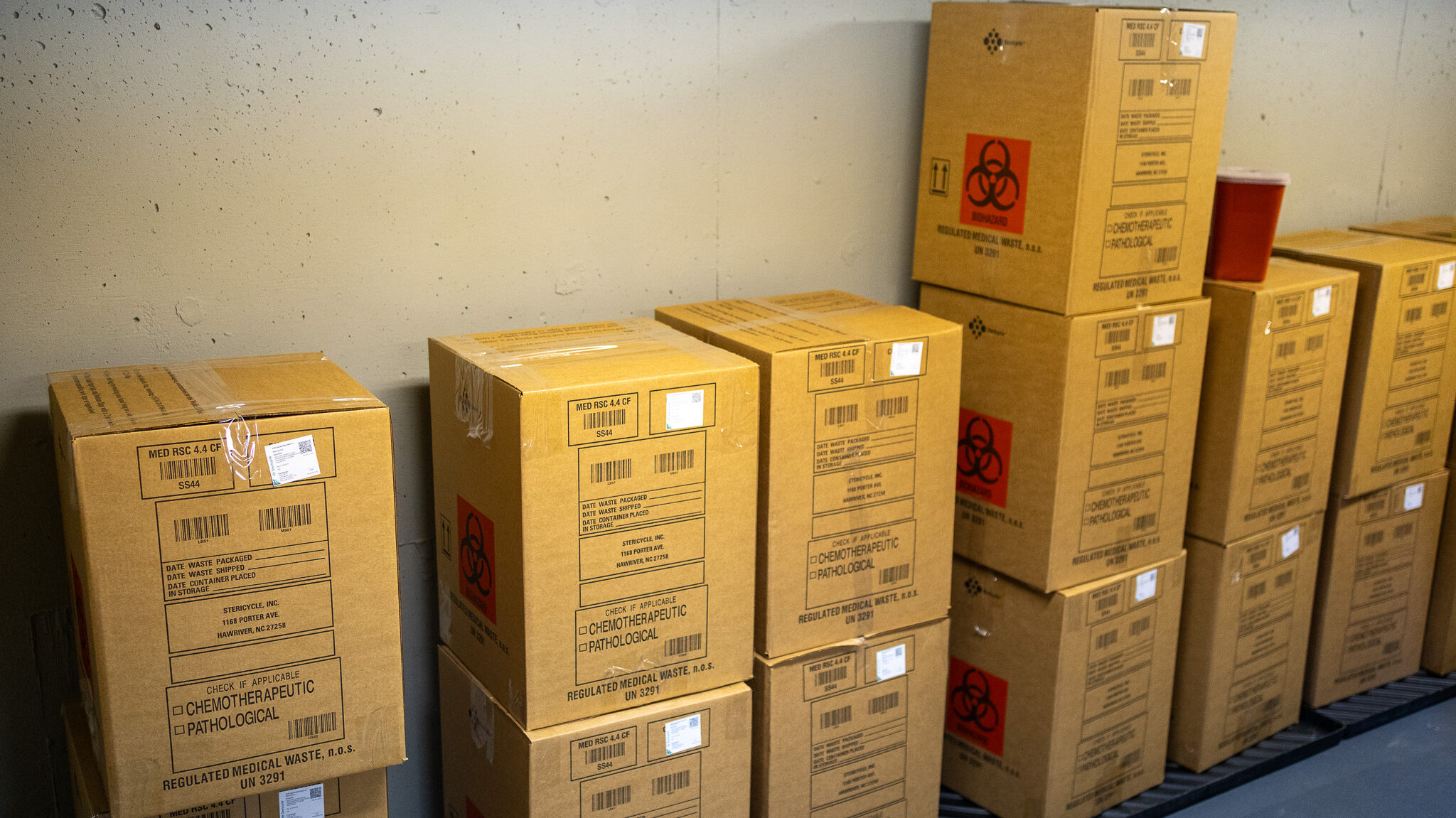
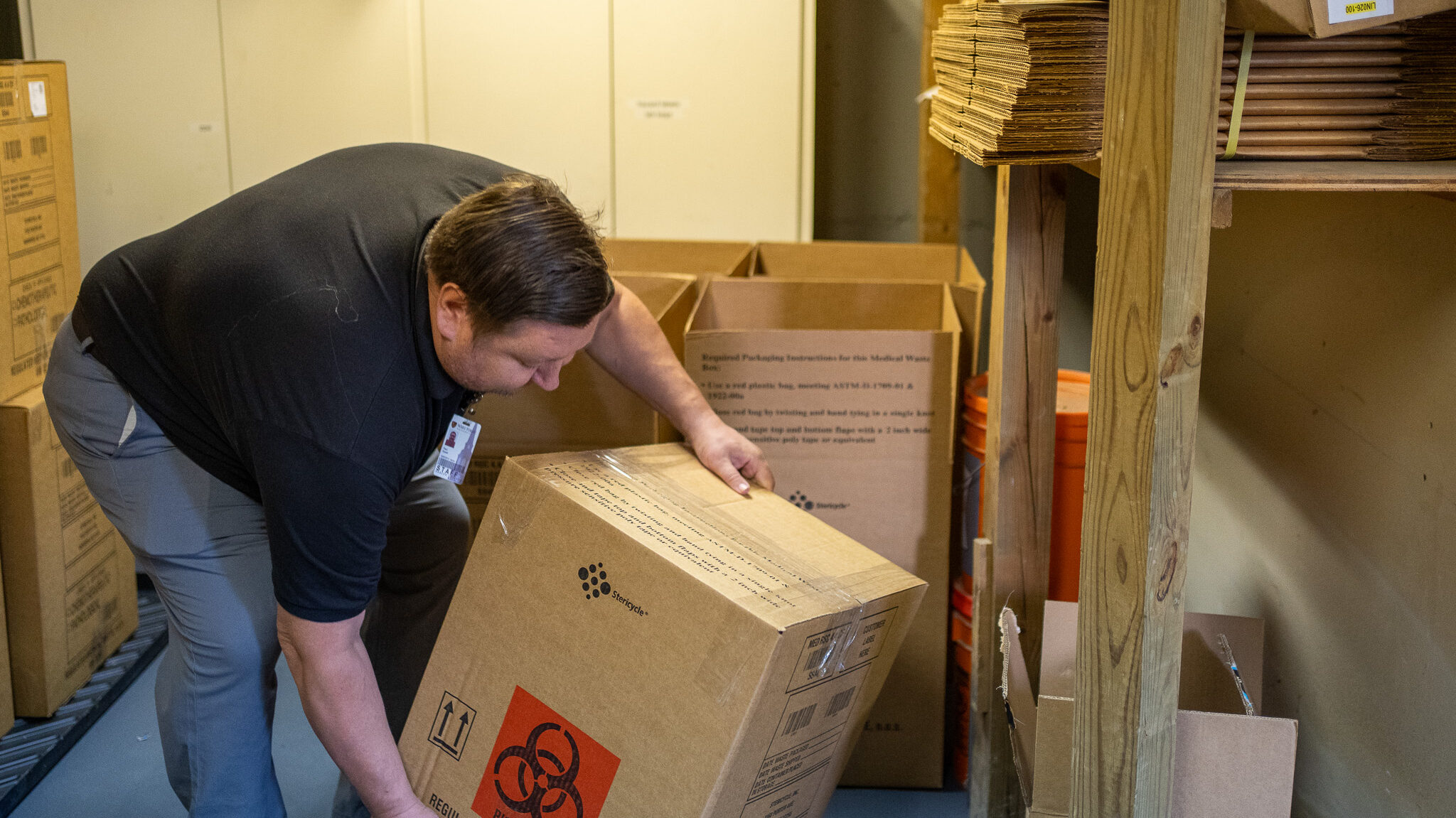
Automated External Defibrillator (AED) Units
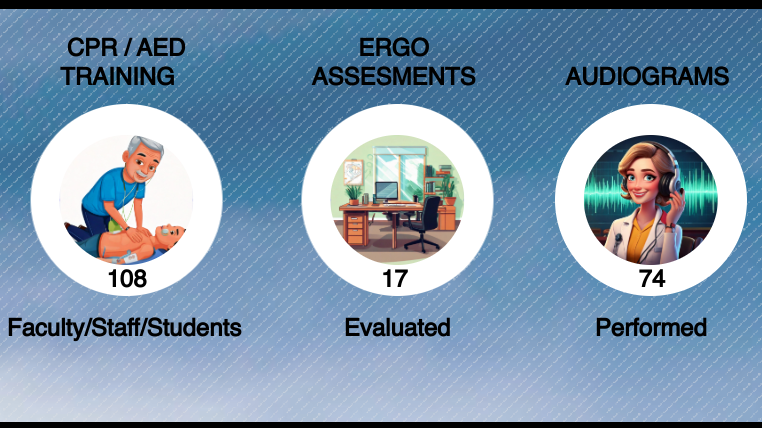
Environmental Health & Safety finished year two of a 3-year replacement plan to upgrade existing automated external defibrillator (AED) units. As a result, 37 units were upgraded, and 29 units were newly placed within residence halls in North Campus and at Deacon Place apartments. This initiative ensures rapid public access to life-saving equipment in emergencies. The comprehensive deployment of AEDs in every building reflects Wake Forest’s continuing commitment to fostering a safe and responsive campus environment for faculty, staff, students, and visitors.
By the Numbers
